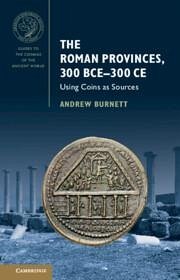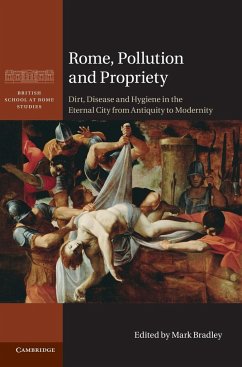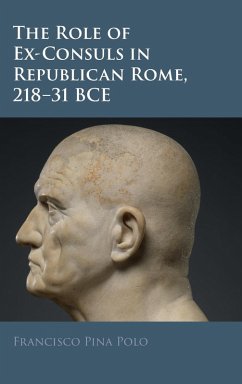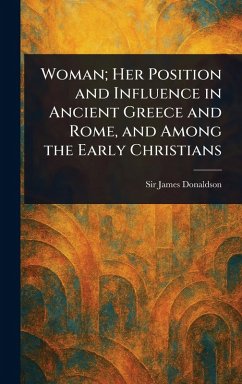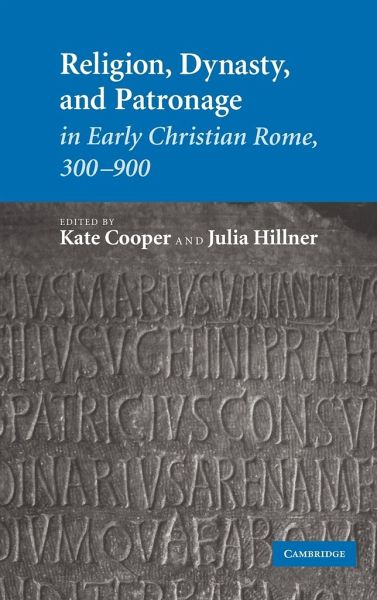
Religion, Dynasty, and Patronage in Early Christian Rome, 300-900

PAYBACK Punkte
55 °P sammeln!
Traces the central role played by aristocratic patronage in the transformation of the city of Rome at the end of antiquity. It moves away from privileging the administrative and institutional developments related to the rise of papal authority as the paramount theme in the city's post-classical history. Instead the focus shifts to the networks of reciprocity between patrons and their dependents. Using material culture and social theory to challenge traditional readings of the textual sources, the volume undermines the teleological picture of ecclesiastical sources such as the Liber Pontificali...
Traces the central role played by aristocratic patronage in the transformation of the city of Rome at the end of antiquity. It moves away from privileging the administrative and institutional developments related to the rise of papal authority as the paramount theme in the city's post-classical history. Instead the focus shifts to the networks of reciprocity between patrons and their dependents. Using material culture and social theory to challenge traditional readings of the textual sources, the volume undermines the teleological picture of ecclesiastical sources such as the Liber Pontificalis, and presents the lay, clerical, and ascetic populations of the city of Rome at the end of antiquity as interacting in a fluid environment of alliance-building and status negotiation. By focusing on the city whose aristocracy is the best-documented of any ancient population, the volume makes an important contribution to understanding the role played by elites across the end of antiquity.







